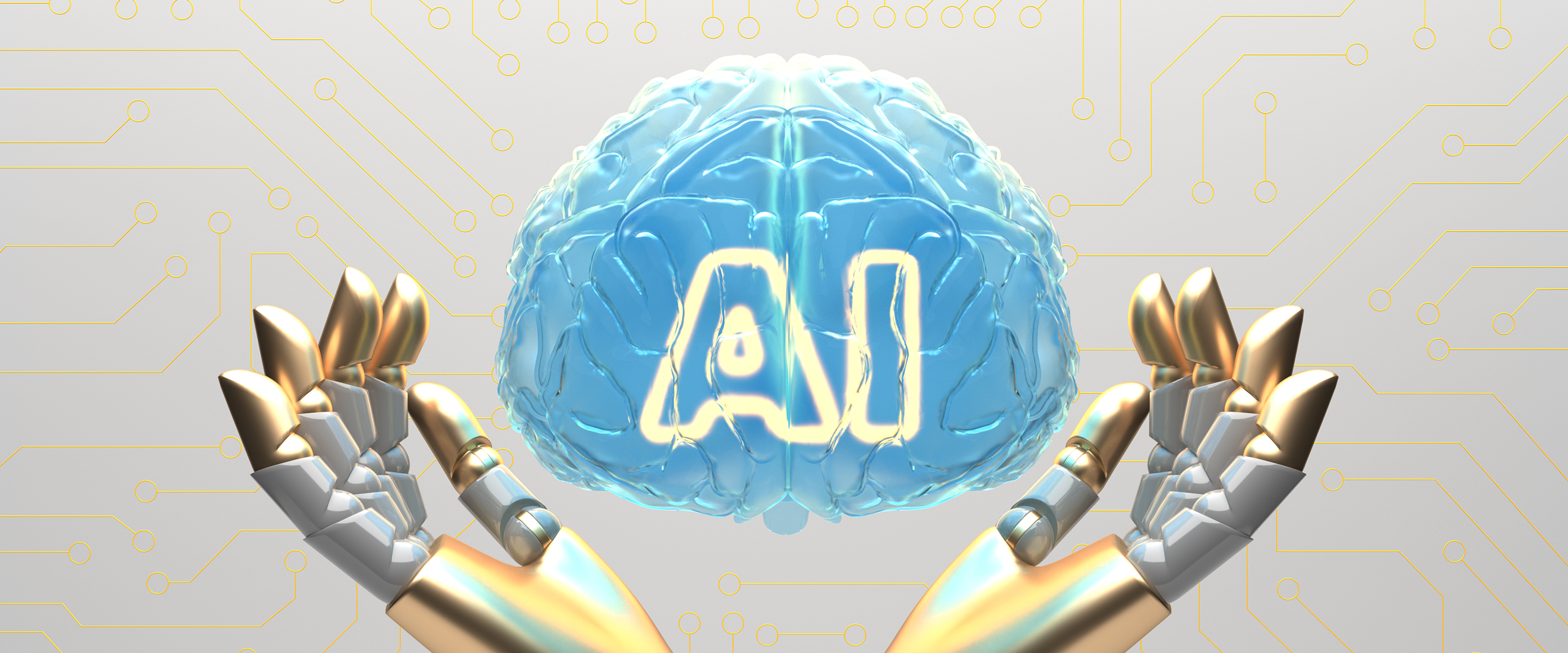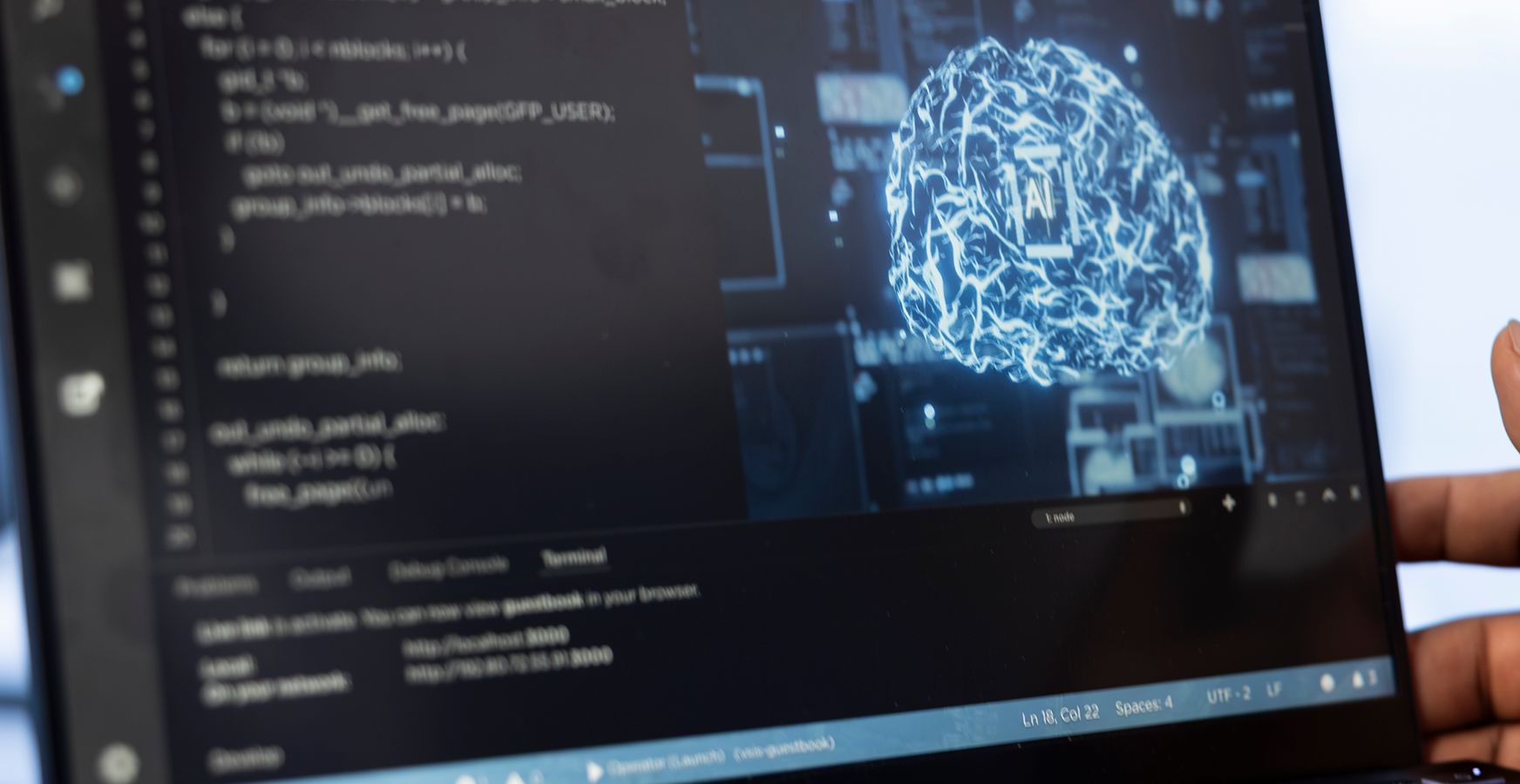
Artificial Intelligence is a branch of computer science aimed at creating systems capable of performing tasks that require human-like intelligence, such as learning, reasoning, and problem-solving. In programming, AI is used for code generation, performance optimization, and debugging. Technologies like deep learning and machine learning enhance developers' ability to build smarter, more efficient applications, streamlining programming processes and reducing development time. The impact of AI on programming opens new avenues for innovation and transforms the way developers work.

Modern Technologies: What is Artificial Intelligence and Its Impact on Programming?
In recent years, the term "artificial intelligence" (AI) has become ubiquitous, captivating the imaginations of both tech enthusiasts and the general public alike. As one of the most transformative technologies of our time, AI is reshaping various sectors, including healthcare, finance, transportation, and, importantly, programming itself. This article explores the fundamentals of AI, its various applications, and its profound impact on programming.
Understanding Artificial Intelligence
Artificial Intelligence refers to the simulation of human intelligence processes by machines, particularly computer systems. These processes include learning, reasoning, problem-solving, perception, and language understanding. AI can be categorized into two main types: Narrow AI and General AI.
The Rise of AI in Programming
AI's entry into programming has brought about significant changes in how software is developed, tested, and maintained. Below are some key ways in which AI is impacting programming.
1. Code Generation
One of the most remarkable applications of AI in programming is automated code generation. Tools like GitHub Copilot, powered by OpenAI’s Codex, utilize AI to assist developers in writing code. These tools analyze existing codebases and can suggest entire functions or code snippets based on the developer's intent.
Benefits:
2. Debugging and Testing
AI is revolutionizing debugging and testing processes. Traditional testing methods can be time-consuming and prone to human error. AI-powered testing tools can analyze code more efficiently and identify potential issues.
Benefits:
3. Natural Language Processing (NLP)
Natural Language Processing is another area where AI shines. Developers can now use NLP to interact with programming environments using everyday language. For example, tools like OpenAI’s ChatGPT can help developers find documentation, generate code examples, or clarify complex programming concepts simply by asking questions in natural language.
Benefits:
4. Automated Code Review
AI can streamline the code review process by automatically analyzing code for adherence to coding standards, best practices, and potential security vulnerabilities. This can significantly reduce the workload on human reviewers.
Benefits:
5. Continuous Integration and Deployment (CI/CD)
AI can enhance Continuous Integration and Continuous Deployment pipelines by making them smarter. It can analyze code changes and automatically determine the impact of those changes on the overall system, suggesting optimal deployment strategies.
Benefits:
Challenges and Ethical Considerations
While the benefits of AI in programming are considerable, several challenges and ethical considerations need to be addressed.
1. Job Displacement
The integration of AI tools may lead to job displacement for certain programming roles. As automation takes over routine tasks, the demand for traditional coding jobs may decrease. However, this also creates opportunities for developers to focus on higher-level tasks that require creativity and problem-solving skills.
2. Quality of Generated Code
The quality of code generated by AI tools can vary. While AI can produce functional code, it may not always follow best practices or be optimal for every scenario. Developers must remain vigilant and verify AI-generated code.
3. Ethical Use of AI
As AI systems learn from existing data, there is a risk of perpetuating biases present in that data. Developers must ensure that the AI tools they use are trained on diverse datasets and are free from bias, especially in applications where ethical implications are significant, such as in hiring or lending.
4. Dependency on AI
Over-reliance on AI tools can lead to skill degradation among developers. If developers become accustomed to relying on AI for code generation and debugging, they may lose their problem-solving and critical thinking skills.
Future Trends
The future of AI in programming is promising, with several trends on the horizon:
1. Enhanced Collaboration Tools
We can expect to see more collaborative tools that leverage AI to facilitate teamwork among developers, allowing for real-time feedback and suggestions during the coding process.
2. Integration with Low-Code/No-Code Platforms
AI is likely to further integrate with low-code and no-code platforms, enabling non-developers to create applications with minimal coding knowledge while still leveraging the power of AI.
3. Personalized Learning Experiences
AI can provide personalized learning pathways for developers, tailoring resources and guidance based on individual skill levels and learning goals.
4. More Advanced AI Models
As research in AI continues to advance, we can expect the emergence of more sophisticated models capable of understanding context, nuances, and even emotions, leading to better interaction between humans and machines.
Conclusion
Artificial intelligence is poised to revolutionize the field of programming, offering unprecedented opportunities for efficiency, creativity, and innovation. While there are challenges and ethical considerations to address, the potential benefits are significant. As developers embrace AI technologies, they can focus on higher-level tasks, fostering creativity and innovation that will drive the next wave of technological advancements. The future of programming, enriched by AI, promises to be both exciting and transformative.